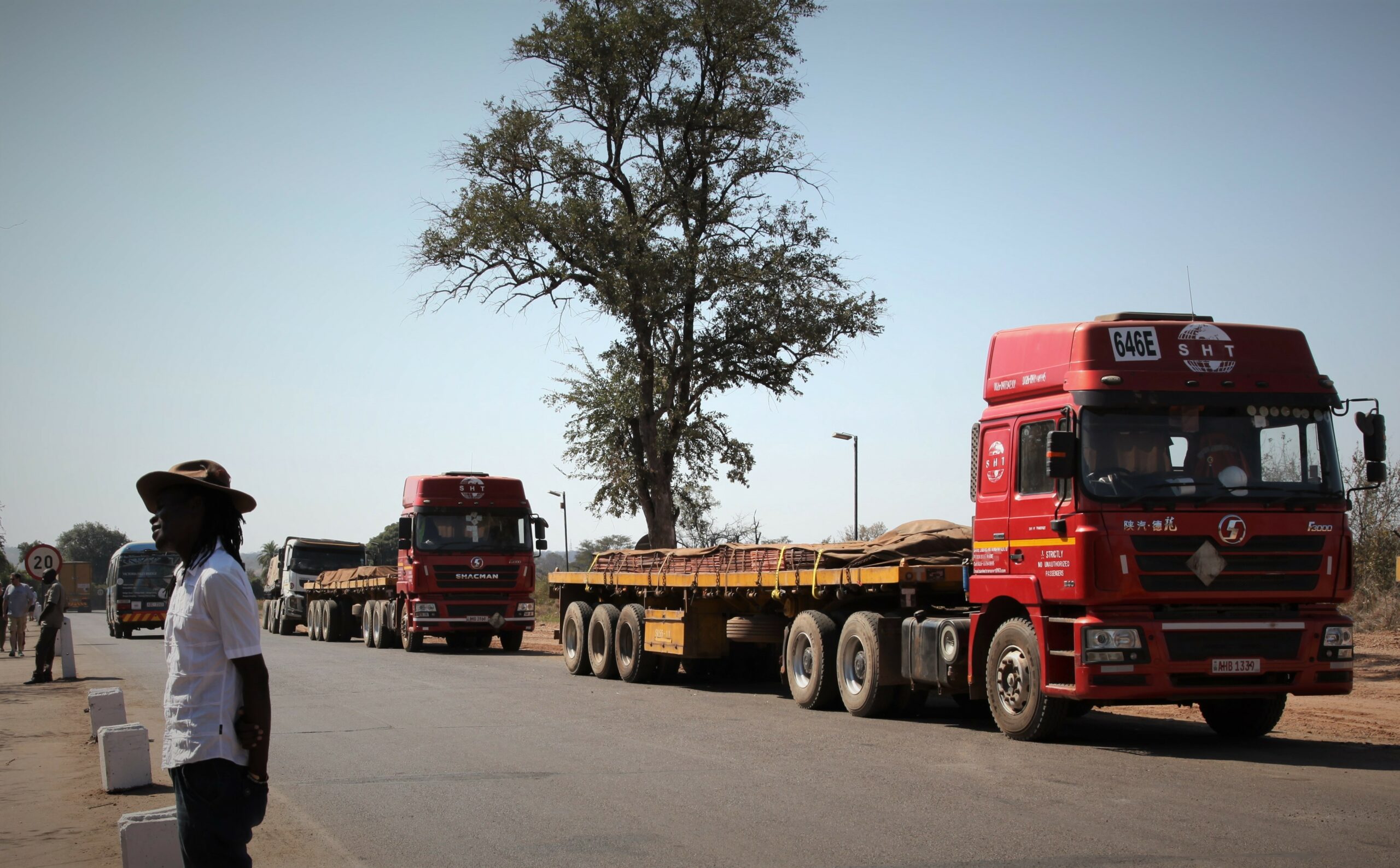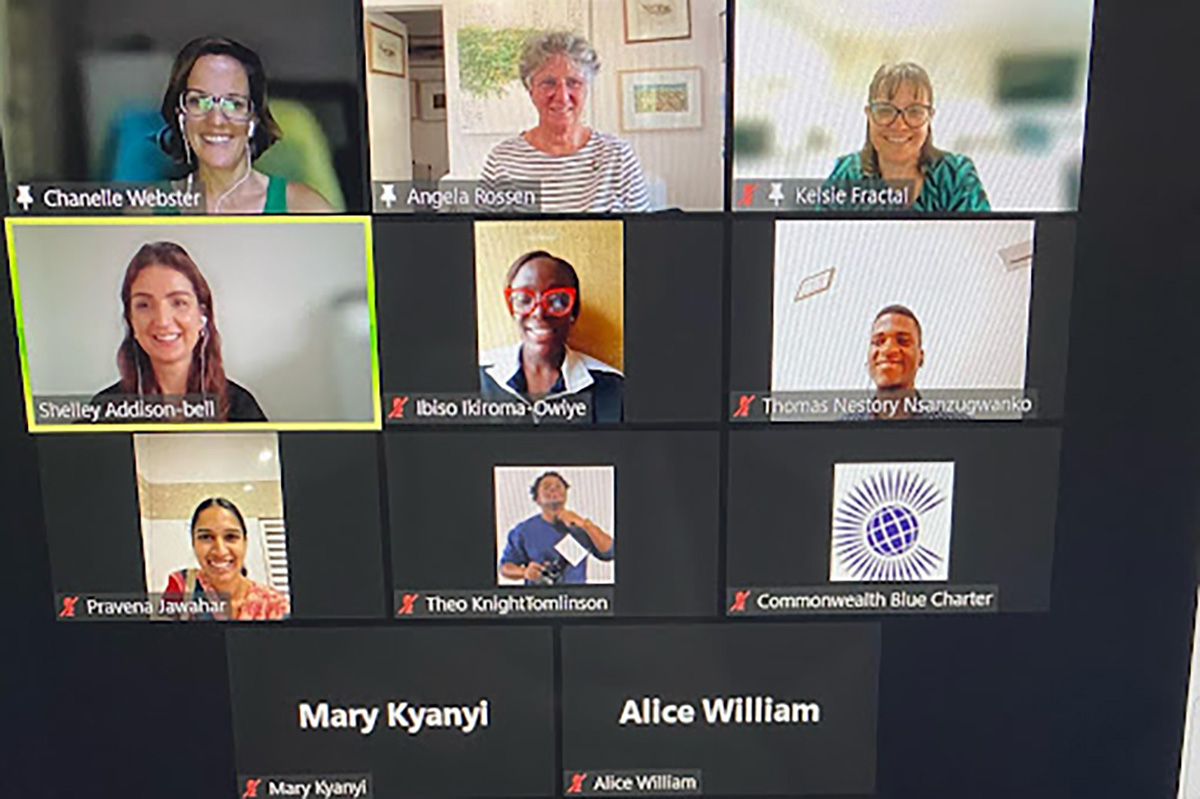“Africa is on receiving end of aid from China”
November 16th, 2017 Chinese aid flowing to Africa in the form of development and business deals has a controversial edge, writes Swapnil Mishra, 21, a Commonwealth Correspondent from India, currently studying in the United States.
Chinese aid flowing to Africa in the form of development and business deals has a controversial edge, writes Swapnil Mishra, 21, a Commonwealth Correspondent from India, currently studying in the United States.
In the year 2010, China’s foreign minister of that time paid a visit to a small village called Yoni, the birth region of Sierra Leone’s president of that time, Ernest Bai Koroma. The Chinese minister was there to open a new school for the village, financed by Chinese aid.
Economic researchers claim that such an approach – development aid being determined by political or diplomatic considerations – can cause communal feuds within the country, amongst other side effects. As a recent article in The Economist explains, it can increase competition between various foreign aid donors world over, which can, in turn, can strengthen the bargaining power of the recipient country.
As a development financier in Africa, China has often been on the receiving end of a lot of criticism from scholars and researchers that it merges financial aid with commercial loans. China helps in increasing the region’s GDP by 0.24 percent, post a 10 percent increase in aid. However, owing to such region-specific monetary boosts, the geographic economic inequality within these recipient countries goes up. As The Economist article states, researchers claim that China’s financial donation to an African leader’s birth region almost triples after they are in power. Even before receiving any amount of aid, the birthplaces of these leaders often tend to be wealthier than average.
Therefore, it is important to look at China’s economic incentive behind investing so much money in Africa. The political stability and economic standing of different regions of Africa vary widely.
Poor African nations possess enormous potential for economic growth. It may sound wrong, and some might argue that it is morally problematic, but it is the reality of the current economic landscape. China has a recent history of investing in these types of nations to the point that its annual trade across all of Africa is now estimated in the billions of dollars.
Hence, it could be argued that most of the Chinese finance is business-related export credits borrowed by African governments to fund various infrastructure projects. At the same time, critics might argue that Africa is being exploited by China: infrastructure aid in exchange for the continent’s natural resources as China acquires raw materials like oil, iron, copper, and aluminum to fuel its own growing economy.
As the United States and China scramble for access to a dwindling pool of oil and natural resources, every commodity counts. Could it be possible that the Chinese government and businesses are making a long-term play securing access to African resources for a future resource clash?
The Chinese approach to international aid and trade is a win-win situation for all countries because it emphasises cooperation and prosperity without interfering in the country’s internal activities including human rights issues.
Does China want to do business on this continent, or control it?
Most importantly, how can we tell the difference? According to African leaders, China is present in Africa to do business, as it has rampantly developed Africa in a short span of time. Now, it entirely depends on how Africa deals with the Chinese influx.
Photo credit: Colin Perkel
…………………………………………………………………………………………………………………
About me: My name is Swapnil Mishra and I am an undergraduate student pursuing a major in Economics with minors in Business (Environmental Management) & International Relations at Knox College, Illinois, U.S.
My ambition is to work in the field of International Development and my interests are cricket and travelling.
…………………………………………………………………………………………………………………
Opinions expressed in this article are those of the author and do not necessarily represent the views of the Commonwealth Youth Programme. Articles are published in a spirit of dialogue, respect and understanding. If you disagree, why not submit a response?
To learn more about becoming a Commonwealth Correspondent please visit: http://www.yourcommonwealth.org/submit-articles/
…………………………………………………………………………………………………………………




